Sidhakura case: SC ruling sets precedent on media contempt and freedom of expression
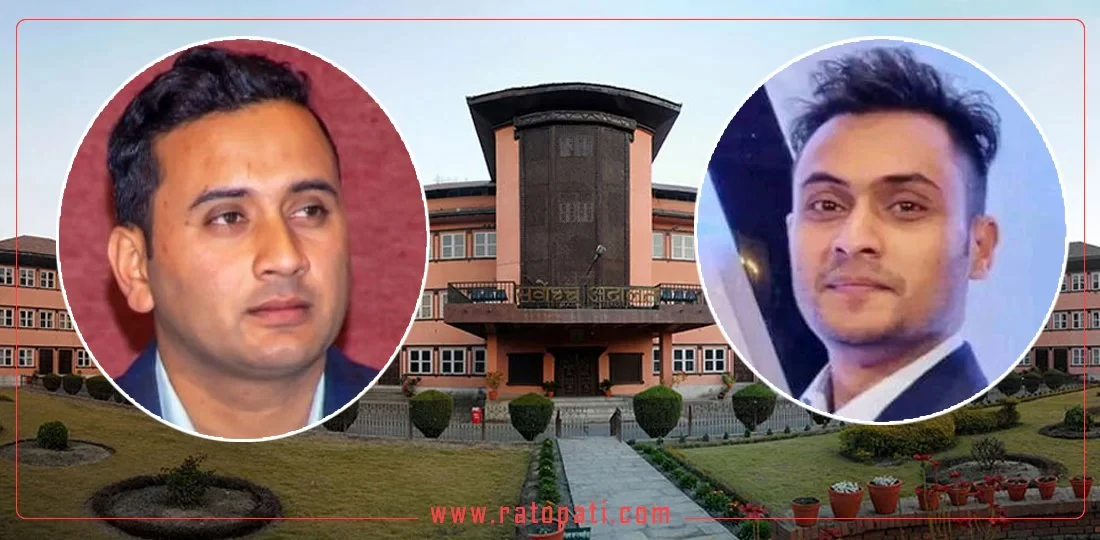
Kathmandu, September 30 — The Supreme Court delivered a verdict on Sunday regarding a controversy involving public media. The nine-member full bench, led by Chief Justice Bishwambhar Prasad Shrestha, issued a detailed ruling addressing freedom of expression and the jurisdiction of the press.
The Supreme Court determined that the content published by Sidhakura Online and on YouTube, titled "Dark File," constituted contempt of court. The court imposed penalties on the individuals involved in providing and publishing this material.
In its ruling, the court sentenced Rajkumar Timilsina, who provided the material, to six months in prison, while publisher Yuvraj Kandel and editor Nabin Dhungana received three-month sentences. The court noted that Kandel and Dhungana would only serve seven days if they submitted an apology.
Accepting the Supreme Court's decision, both Kandel and Dhungana have been taken into custody. This ruling has also set a precedent for freedom of expression and journalism in Nepal. Previously, a seven-member bench had provided interpretations related to press freedom and contempt of court, but this larger bench offered a more comprehensive explanation that will serve as a reference for future disputes.
Due to this ruling, some in the fields of freedom of expression and journalism have expressed concerns about its implications. The Federation of Nepali Journalists (FNJ) released a statement on Monday, emphasizing that the Supreme Court’s decision has drawn their attention.
What does the Supreme Court ruling state?
The ruling stated, "The disputed material has been confirmed to be misleading, false, fabricated, fictional, self-created, and unsubstantiated. The editor/publisher failed to fulfill their basic duty to verify the truth of such serious and sensitive content before its publication or broadcast."
The court found that Rajkumar Timilsina, Nabin Dhungana, and Yubraj Kandel acted with malicious intent in producing the disputed content, thereby obstructing the administration of justice. The ruling noted that publishing and broadcasting such content has caused confusion and mistrust in the judicial system, damaging the court's dignity and integrity.
All three individuals were found guilty of contempt of court under Section 17, Subsections (1) and (4) of the Administration of Justice Act, 2016.
In the case against lawyer Toyanath Dhungana by Kantipur Publication, the larger bench comprised seven justices who emphasized the need for a liberal, tolerant, and restrained approach in matters concerning the judiciary. The ruling also indicated that the principle of "scandalizing the court" does not exempt individuals from accountability for contempt of court.
The ruling asserted that the issue of contempt is inherently within the court's jurisdiction. It stated, "There is no indication that ‘scandalizing the court’ or the press should be exempt from contempt proceedings. Instead, the use of contempt as a tool is necessary to maintain the independence and integrity of the court and to prevent the spread of misinformation."
The Supreme Court clarified that the editor Dhungana and publisher Kandel had failed to verify the material, which was produced by the other defendant, Rajkumar Timilsina.
"It is unacceptable to publish this material repeatedly in their media, causing confusion and mistrust in the judiciary, and such negligence cannot be excused," the ruling said. "The malicious intent behind spreading rumors about the court and its judges has been established, warranting penalties proportionate to the nature and severity of their actions."
Expert opinions
Observers of the Supreme Court's ruling suggest it should be viewed from two perspectives. Advocates for freedom of expression argue that producing fake or fabricated audio, video, or other content is an offense in itself, and those involved in its publication should be penalized based on their role.
However, they caution against using this precedent to restrict factual reporting. They argue that if someone produces fake audio but the publisher realizes the mistake and issues a correction, the penalties should be reconsidered. Nonetheless, they maintain that the responsibility to ensure the accuracy of the material lies with the publisher.
Former president of the FNJ, Suresh Acharya, emphasized that the case of "Sidhakura" should not only be viewed as an issue involving a public media outlet but also as a matter concerning the production of fake audio. "In this case, accusations were made against judges, senior lawyers, and media entrepreneurs," Acharya noted. "Before making such accusations, there should be verification and an opportunity for those accused to respond."
Acharya also recalled a previous incident where senior journalist Harihar Birahi was penalized for publishing a cartoon. He believes that respect for the court's ruling is essential.
Acharya suggested that the court should have been lenient toward those who removed the disputed material after realizing their mistake. "The judiciary is serious. However, if Sidhakura recognized their error and removed the news, the court could have chosen not to impose a penalty," he said. "Our code of ethics encourages corrections when errors occur, and there was room for leniency here. The court could have considered not imposing prison time."
While Acharya argues that producing fake audio is indeed a crime, he believes it is unacceptable not to grant leniency in cases where individuals acknowledge their errors.
Taranath Dahal, another former president of the FNJ and chair of the Freedom Forum, stated that press freedom is a shield for truth and facts, and journalism must be conducted with integrity. "It is the editor's responsibility to verify the reliability of sources before trusting their material," he explained. "Mistakes can happen, but responsible journalism entails correcting errors and issuing apologies."
Dahal believes that the court should be forgiving towards a press that admits mistakes. He added that a free press should also protect an independent judiciary and be cautious about publishing false information that undermines the court's credibility.
"The court seems to have made a restrained decision. They acknowledged that the published content was false," Dahal noted. "Given that the material was removed, the court could have chosen to be more lenient. It appears they opted for a harsher punishment."
However, former chairman of the Special Court, Gauribahadur Karki, expressed dissatisfaction with the Supreme Court's decision, stating it should have been more uncompromising. "No one should be allowed to write false information or produce misleading content about others, especially concerning the judiciary and judges," Karki asserted. "In a court that relies on public trust, those who publish false material should not be forgiven in the Sidhakura case."
Karki commented that the ruling reinforces the principle that false information should not be published. "There should be no leniency for those who engage in misconduct or publish fake content, even if they apologize," he stated. "If someone is found guilty of a crime, they should not be shown mercy."
He clarified that the court has always respected press freedom and that an independent judiciary is vital for the survival of a free press, indicating that there should be no exemption from punishment for spreading falsehoods.
Response from the FNJ
The Federation of Nepali Journalist (FNJ) has expressed concern over the Supreme Court's ruling regarding the news and video content of Sidhakura.com. FNJ General Secretary Roshan Puri released a statement urging the Nepal government, judiciary, and other relevant parties to take the issue of complete press freedom, as guaranteed by the Constitution, seriously.
"The related media outlet has removed the erroneous news and even issued an apology, acknowledging that it was based on unreliable sources," the union stated. "There is no provision in media policy or law requiring journalists to conduct laboratory tests on source material, and the code of ethics allows for corrections when published content is found to be erroneous."
The FNJ emphasized that any ruling should not contradict the principle of complete press freedom and the global recognition of freedom of expression.
Given that the media outlet has already removed the erroneous content and issued an apology, the federation expressed concern that the Supreme Court has decided to proceed with legal action against the journalist.

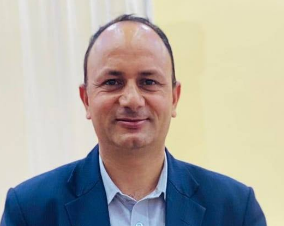



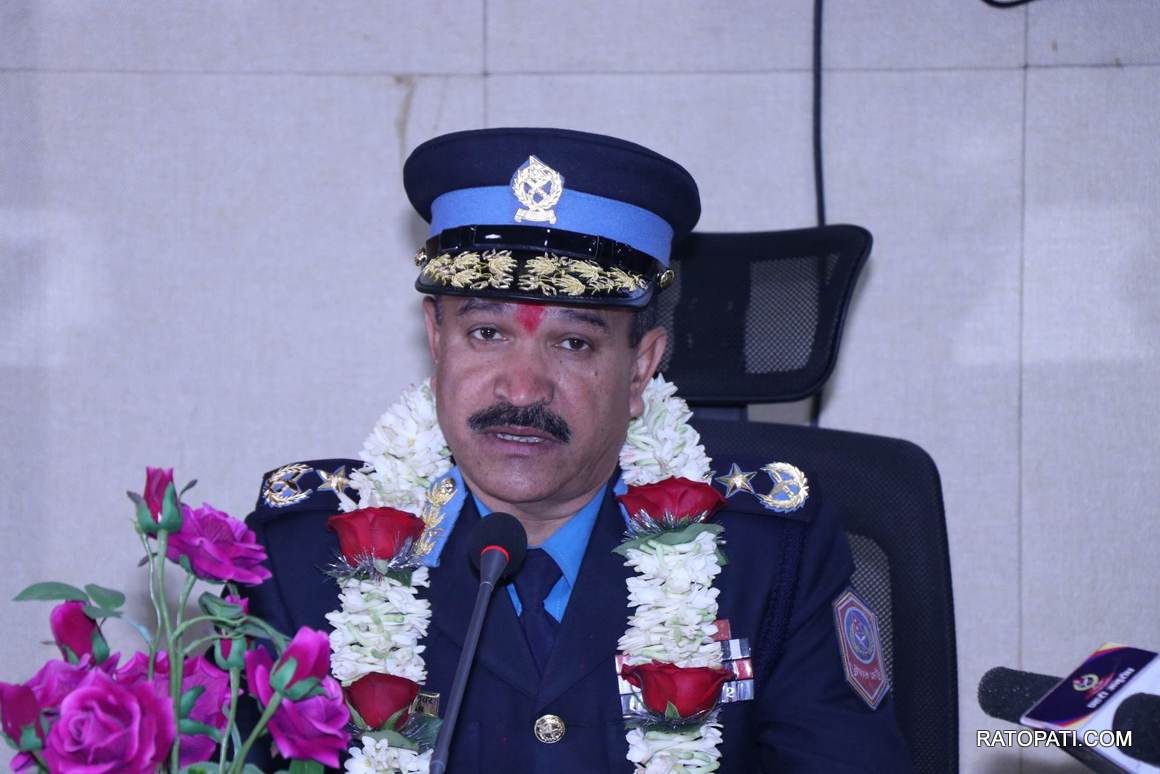
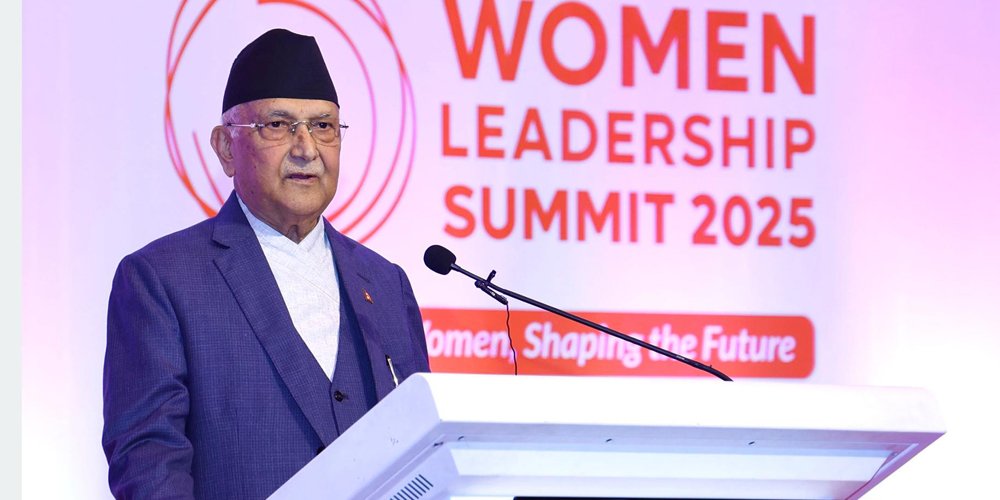
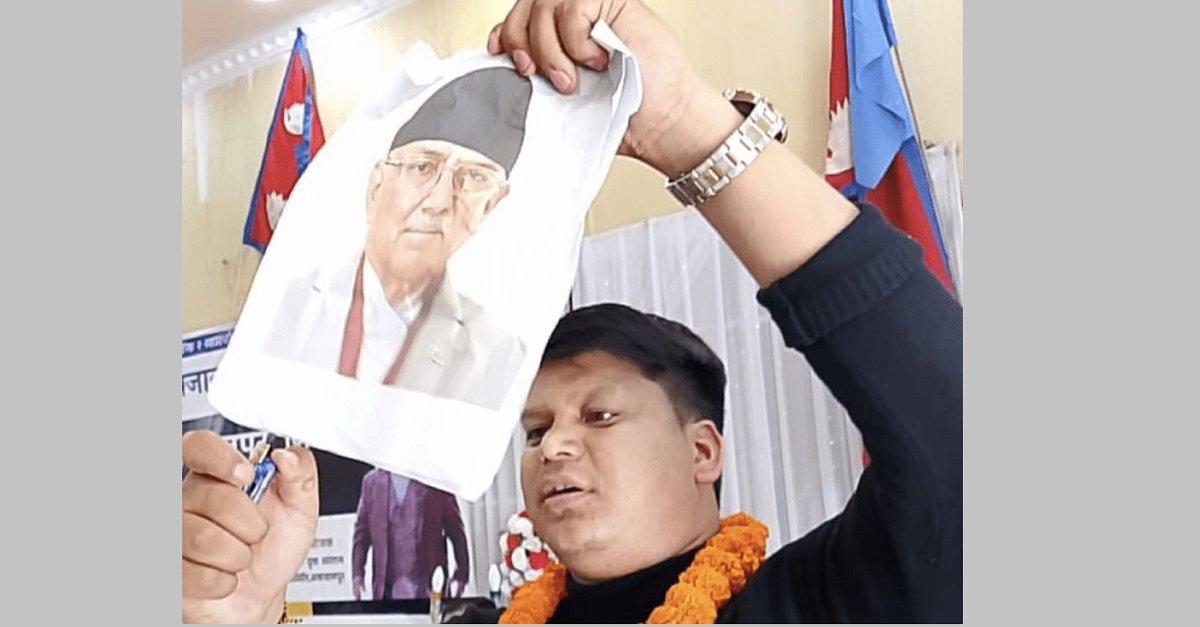
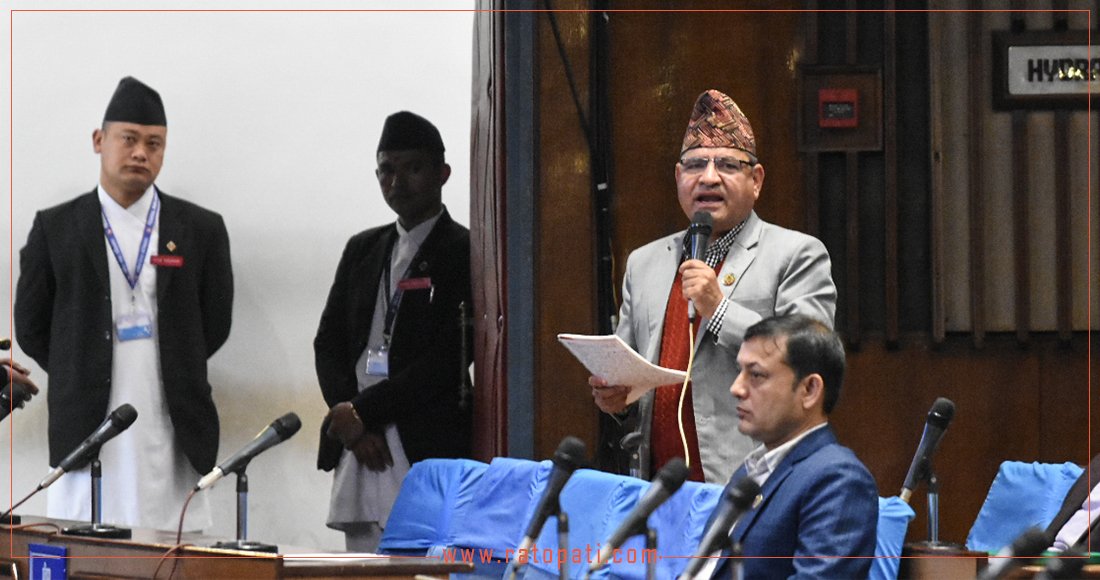
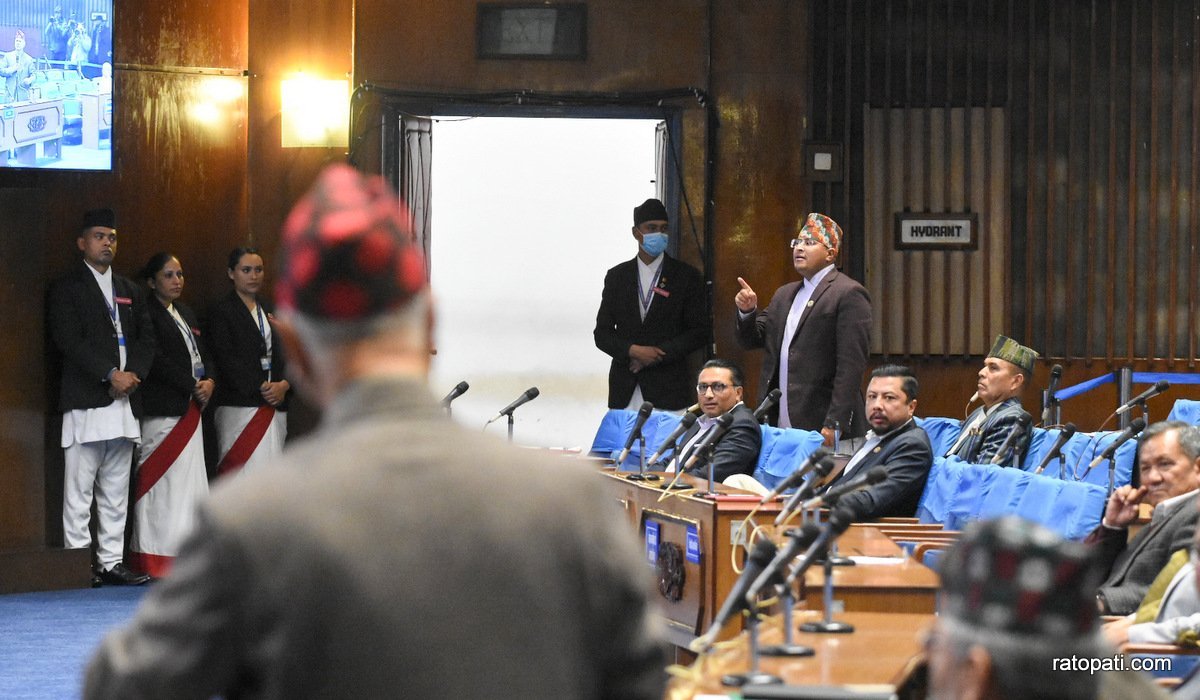
Leave Comment